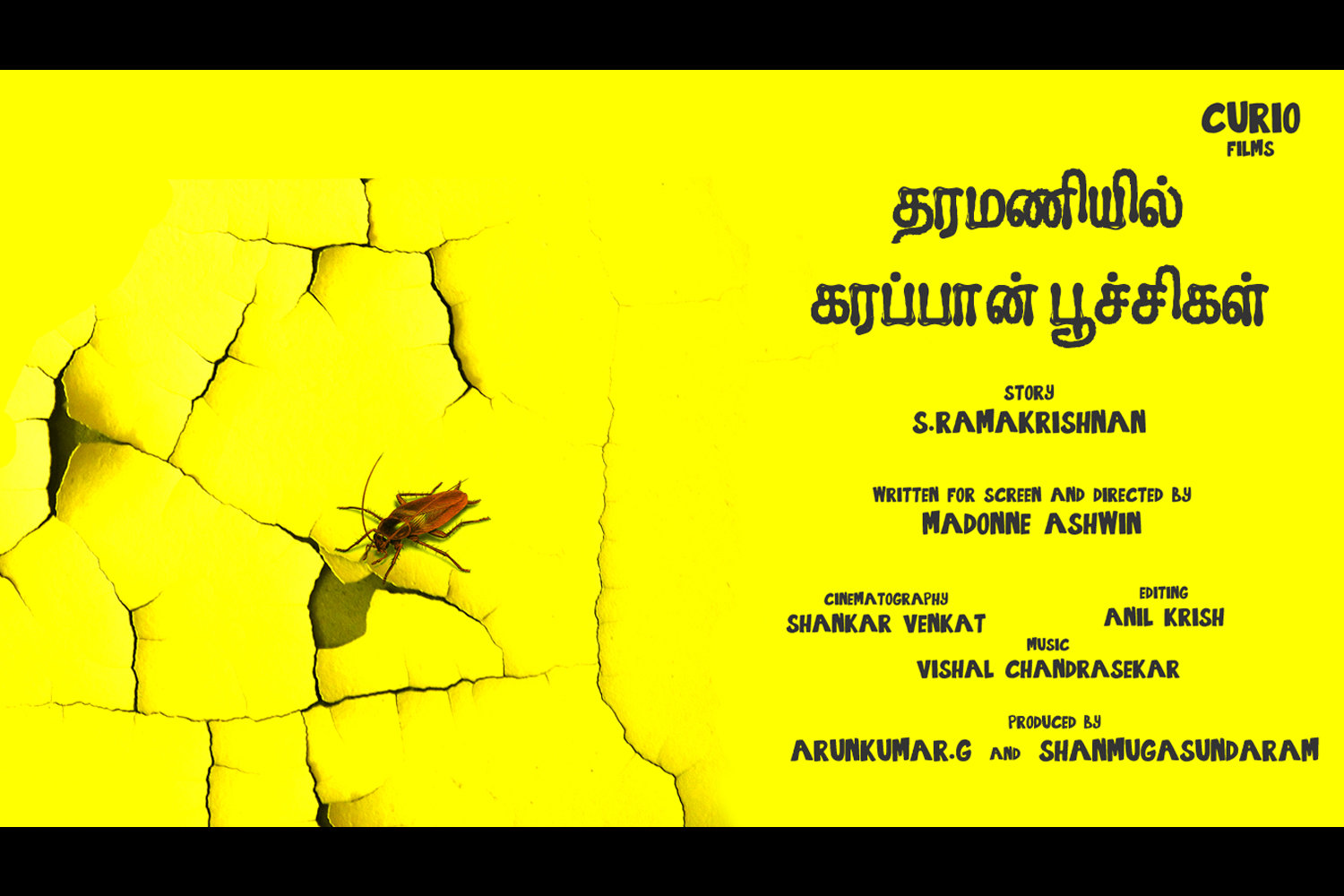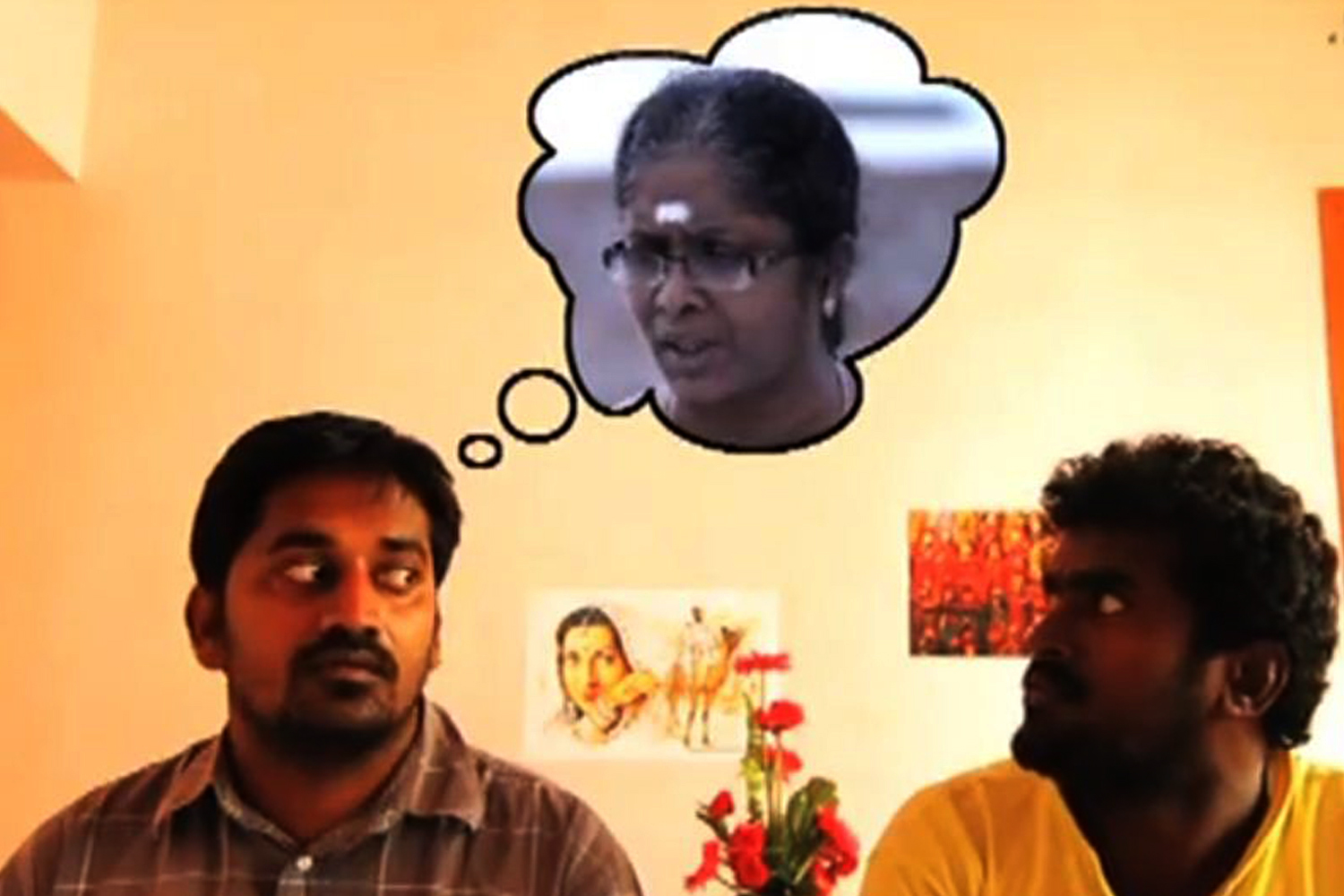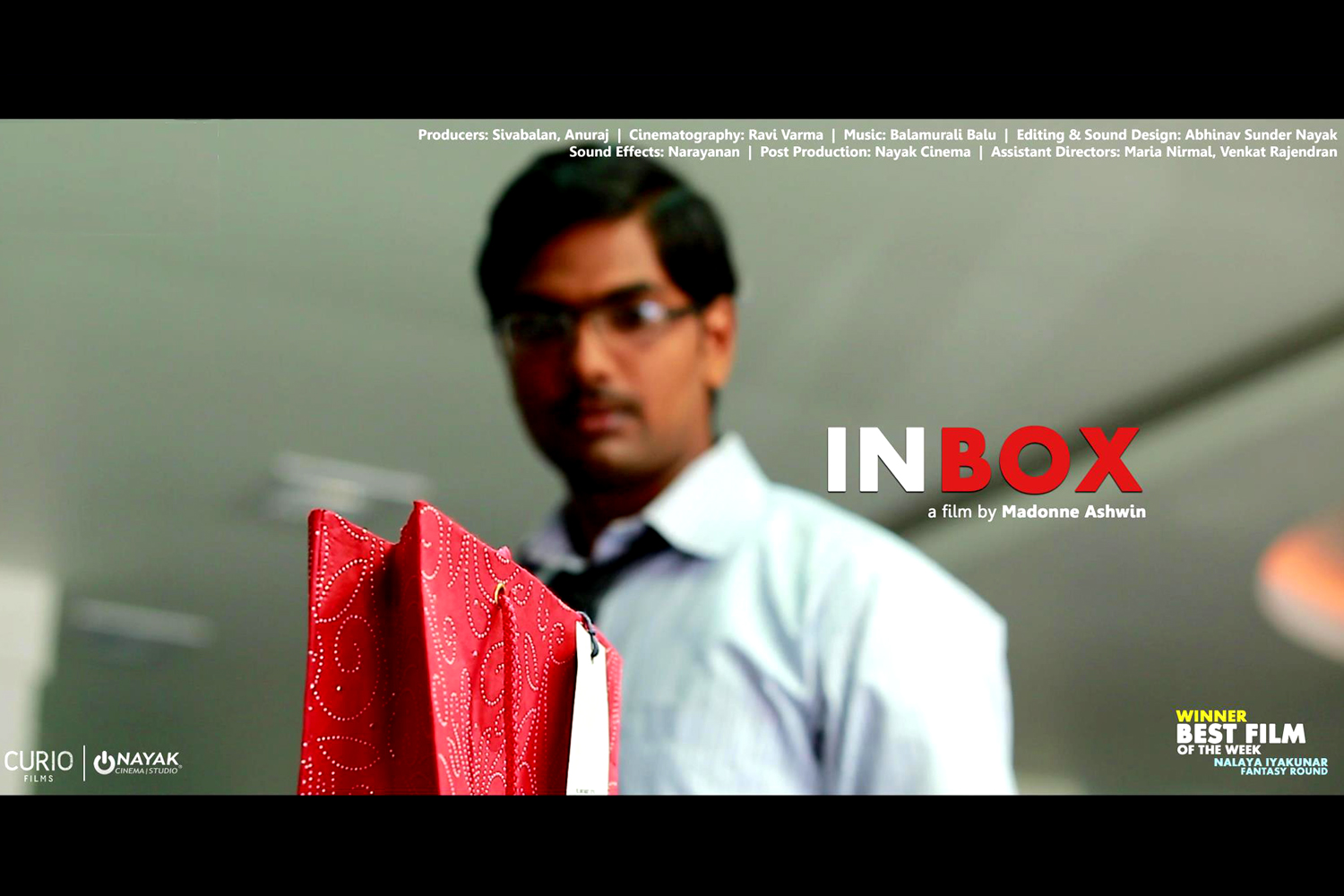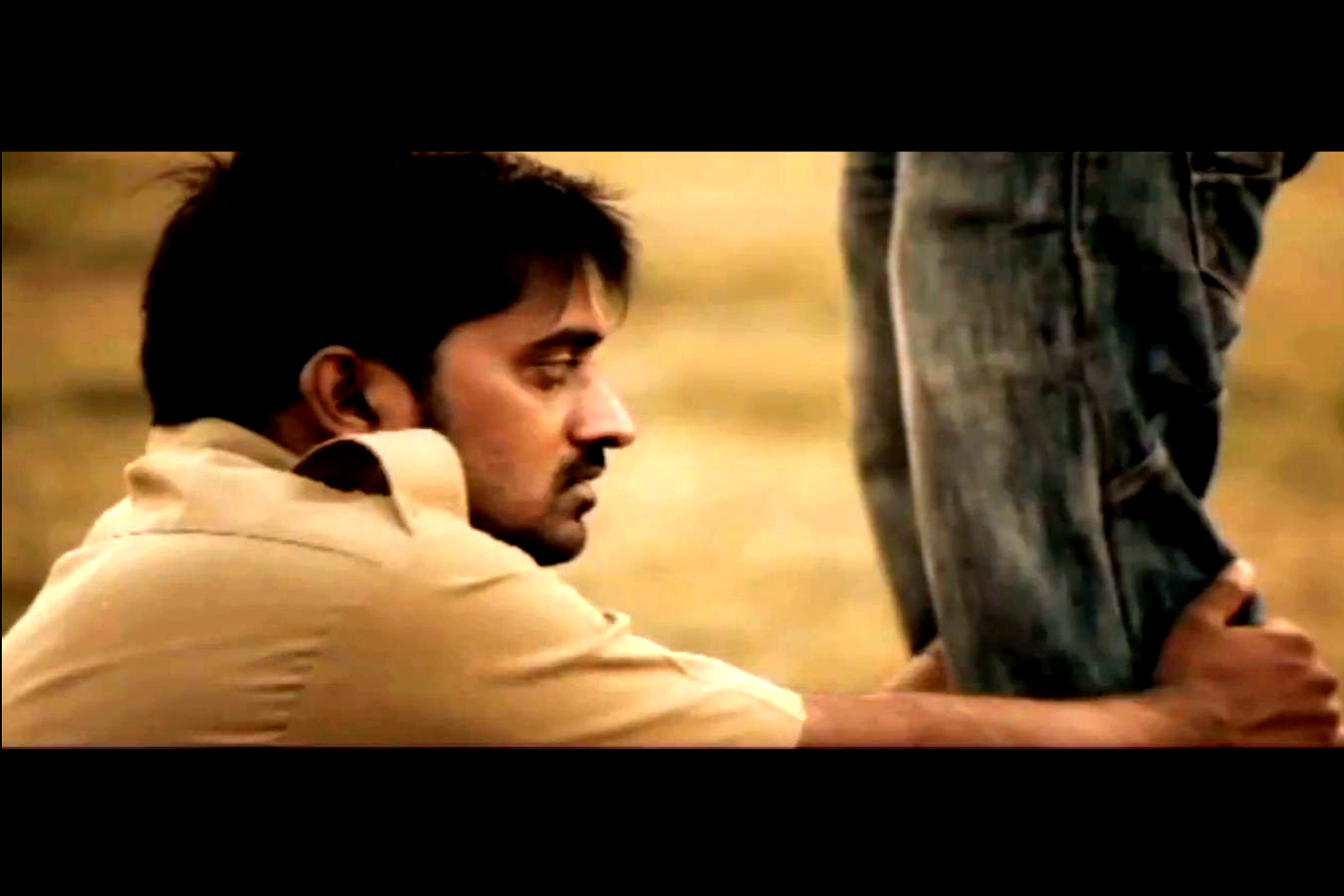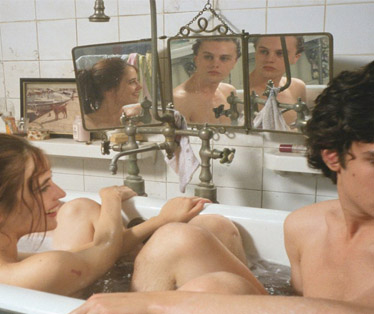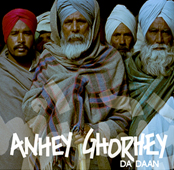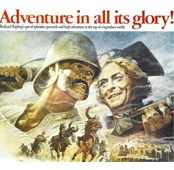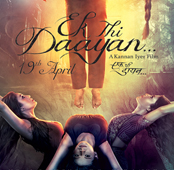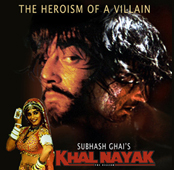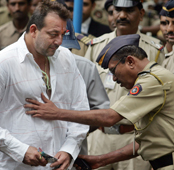-
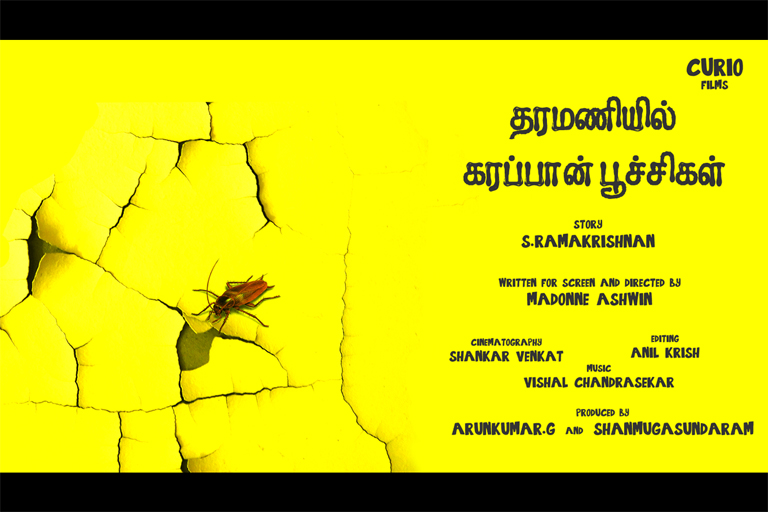 Poster for Tharamaniyil Karapaanpoochigal (Cockroaches in Taramani)
Poster for Tharamaniyil Karapaanpoochigal (Cockroaches in Taramani) -
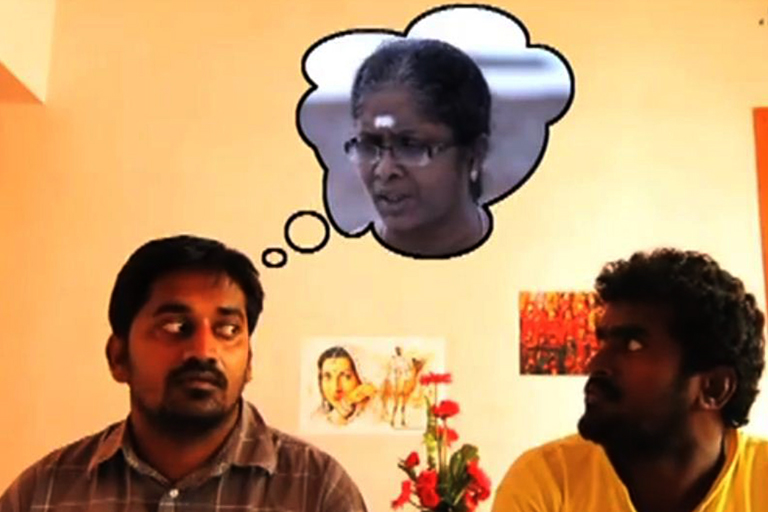 Screenshot from Zero Kilometers, directed by Ravi Kumar
Screenshot from Zero Kilometers, directed by Ravi Kumar -
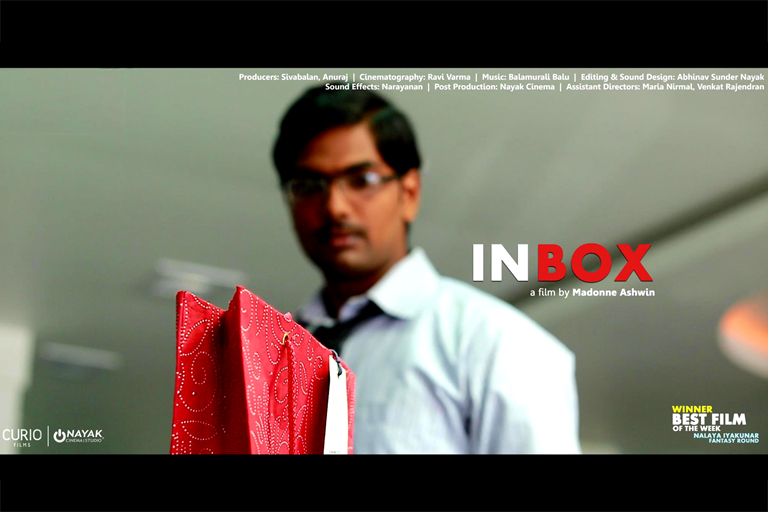 Poster for Inbox
Poster for Inbox -
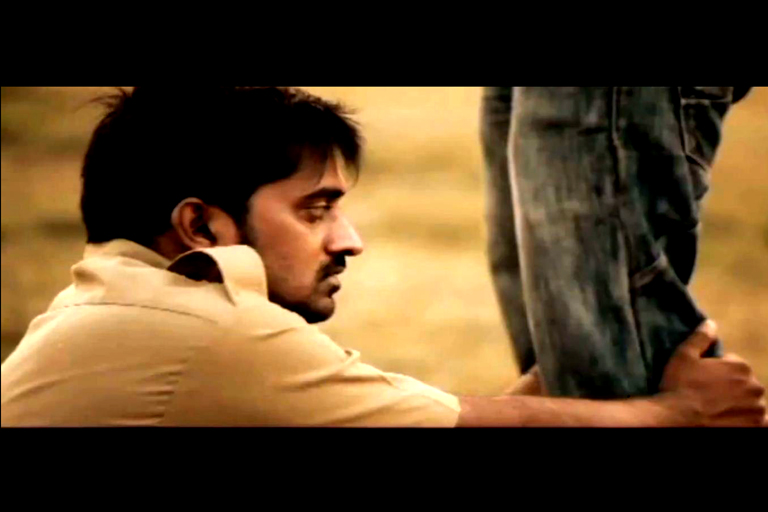 Screenshot from The Juniors, directed by Balaji Mohan
Screenshot from The Juniors, directed by Balaji Mohan

What I Learnt By Watching 50 Tamil Short Films in One Weekend
1. No one can eat just one.
Two filmmaker friends recently told me they’re addicted to the Facebook page Short Film Factory run by Chennai-based assistant director Charles Rishar, and warned me that soon (hollow laugh) I’d be hooked too. Should have listened. I’m now the YouTube equivalent of the Vegas granny in polyester pants and blue hair who snarls at anyone who tries to get her away from the slot machine.
Rishar posts links to a few shorts every day, mostly in Tamil and some stray ones in Malayalam and Telugu. These as well as the other randomly linked films on YouTube— each holds the possibility of being the most brilliant or most embarrassing moment ever to the human race. And besides, there are other irresistible cultural artefacts on the Factory page: casting calls and trailers for short films, Anirudh Ravichander of Kolaveri fame recording Yo Yo Honey Singh, RSA-style biopics of Kamal Hasan.
Now get away from my screen— this next one will be the jackpot, for sure.
2. Machcha is so over. Machchi is the thing.
Tamil short films are not About the Girl. They may all be called Kadhal (love), Chumma Oru Kadhal, Mazhalai Kadhal and sometimes even Nigerian Kadhal, but it still ain’t about love. They may look like they’re about the girl but they are mostly about your boys, your machchis: the shades-wearing, acne-scarred machchis you hang out with in front of bakeries and in cafes (establishments you then thank in your opening credits), the machchis you know are too good for the girls in town, the machchis you rag for being whipped, so whipped.
And afterwards when she’s gone, you know you’re going to hang out together in your bermudas on the terrace, sprawled around a bottle of hooch that seems to work as fast on your coordination as it would if you’d consumed it intravenously. Because machchi, these short films are really about how I’m friends-in-love with you. Sometimes those Malayalis take it to an extreme and make films called My Friend, but we won’t go there. And those Telugu short filmmakers. They make the hero donate his eyes (while he’s alive) to the girl who dumped him. Machchis don’t let machchis do that.
3. The Bechdel Test is for losers.
The Girl is there to just make the hero feel more. More senti. More of the rain. More vindicated. More of a winner. More of a loser. (Not having a job to impress her with makes him hate himself. Sometimes having a job makes him hate himself, too.)
The Girl is never the Manic Pixie Dream Girl who, through her quirks and high spirits, brings the hero out of his gloom. The Girl is sometimes attractive, sometimes plain, sometimes stunningly miscast as the femme fatale. I looked hard but I haven’t found any yet made by The Girl, sadly.
Meanwhile, you get to hang with your machchis and form theories about human mating patterns— social theory that dates back to a Jurassic age when a good joke was: “My wife is the home minister, ha ha.”
4. If you love somebody, set her free and find a silly way to kill her.
The Girl will leave the hero for another man. Or the hero will discover that she has no clue that he was alive while he gaped at her for four years in the bus, on the street and in the park. She will take his offered teddy bear and chocolates and then say things like, “I will select a guy from the North.” In which case she must be punished.
A brief historical detour. A college classmate once asked me to read his film script., which went roughly like this: Boy meets girl. Girl meets boy. They meet, in fact, once every few months on a hill-top because they live in different towns. Then, during one of these meetings the girl confesses. She has been unfaithful. She has slept with someone else. Swiftly after this confession, she jumps off the hill and kills herself.
A day or two after I stopped laughing I went back to my classmate and gently suggested that his heroine didn’t necessarily have to kill herself. My classmate looked intelligently at me and said “Haan, kya?” and went off. Some months later he came back with a revised script: Boy meets girl. Girl meets boy. They meet, in fact, once every few months on a hill-top because they live in different towns. Then during one of these meetings the girl confesses. She has been unfaithful. She has slept with someone else. Swiftly after this confession, the boy forgives her. They embrace. There is peace. They are happy. Then she trips, falls off the hillside and dies.
My moral, gentle reader, being this. If a short filmmaker wants to kill his heroine, he’s gonna. And sometimes because he, weedy reedy creature that he is, feels his subtle parables will not control women enough, and so he likes to issue a frank, unadorned threat badly dubbed into Hindi. It would help if the threat wasn’t hilarious, but in art, sincerity of purpose should count.
5. Everyone needs an alarm clock in Chennai.
Trawling these YouTube channels will yield many universal short film clichés. Films begin with alarm clocks ringing because the writer didn’t know how to begin. Overloud sound effects. Weird tints acquired in post-production. Lots of yowling about death and pain. Lots of dramatic footage of feet and people walking. Everyone commits suicide. The cigarette smoke, oh lord, the cigarette swirls. Glenn Medeiros’ Nothing’s Gonna Change My Love For You when you need Wagner, and Wagner equivalents when you need Harris Jayaraj. Neck-cricky Dutch angles. Student films about student films. The worst dubbing.
Tamil shorts also yield some special traits of their own. The shorter the film, the longer the dedications and thank yous. The hero’s name is always Karthik, Karthi or, under dire circumstances, Adi. Karthi and his machchis must have a few moments of ‘Enna figure!’ on the street, regardless of what else they need to do. And even more than bad acting and terrace action, these short films keep drowning in senti— to varying degrees, most are derailed by maudlin awash-in-tears, so much so that you long for some slick, soulless Bollywood.
6. Take heart and keep scrolling, there’s gold in them thar mountains.
One day, when you’re old and grey and your hands are aching from scrolling down the Short Film Factory’s page, you might stumble upon the perfect 10 minute police procedural. The best metaphor for internet romance I’ve ever seen. The best Avial parody/tribute/homage/we’re not sure (“This goes out to all those jaada girls”) which combines slacker film, cubicle farm and hijabi cool in one adolescent shot. After all the guff you’ve read about cellphones changing India, a film that finally shows you exactly how. The cutest grandfather ever with an Iron Maiden cameo. The best salesmen training. The briefest political message. The best ‘medically miracle’— a teashop in the middle of nowhere with Schwarzenegger posters. A transport of delight (watch it, you’ll forgive the pun). These films are not working off their angst or slaying us with their philosophy. Instead, they take 10 minutes of your lives and juice them out.
And, after all the student films full of fake guns and cops, I was thrilled (as if I had anything to do with it) that one of my favourites turned out to be about a fake cop who wants to be a real one. And because my thrills are cheap, I thank Charles Rishar for the page that gave us the best distressed Sethji dialogue: ”Meri beti odi pochchu.”
The TBIP Take
OpinionDecember 2012
 By Nisha Susan
By Nisha Susan
Nisha Susan is a writer and critic based in New Delhi. She was Features Editor at Tehelka magazine and has worked for several non-profits. Her short fiction has been published by Penguin and Zubaan and she's currently working on a novel and a book on Malayali nurses. Her expectations of cinema were permanently raised from watching pulp films as a three-year-old in her grandfather's village theatre.



